
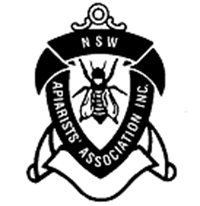 NSW Apiarists’ Association
NSW Apiarists’ AssociationNew South Wales Apiarists’ Association (NSWAA) provides a means for both hobby beekeepers and commercial beekeepers in NSW to be represented through a common organisation for the welfare of the industry. The NSWAA is committed to ensuring the future of the beekeeping industry, and works many issues facing the industry, such as pest and disease management and maintaining access to key floral resources. The executive represents its members in liaison with the general community, media and government. An annual conference and communication through the publication of Honey Bee News which is published bi-monthly provides a forum for members.
|
The Amateur Beekeepers’ Association of NSW, trading as Amateur Beekeepers Australia (ABA) was founded in NSW in 1954 and the organisation now has 40 affiliated beekeeping clubs spread across NSW, Queensland, Northern Territory, and the ACT. The ABA and their affiliated clubs provide information and support to over 4000 recreational beekeepers with a focus on biosecurity training to manage current pests and diseases. Preventative actions for future threats are also key educational goals. The organisation represents non-commercial beekeepers on industry forums and lobbies for their interests. The ABA issues The Amateur Beekeeper (TAB) Journal and supports local clubs to help beekeepers with all levels of experience learn, keep up-to-date and share their skills. Many clubs have club apiaries where members can gain hands-on experience, a library of reference materials, and equipment that members can borrow. Members can also obtain personal beekeeping insurance and join a free swarm collectors’ register. |
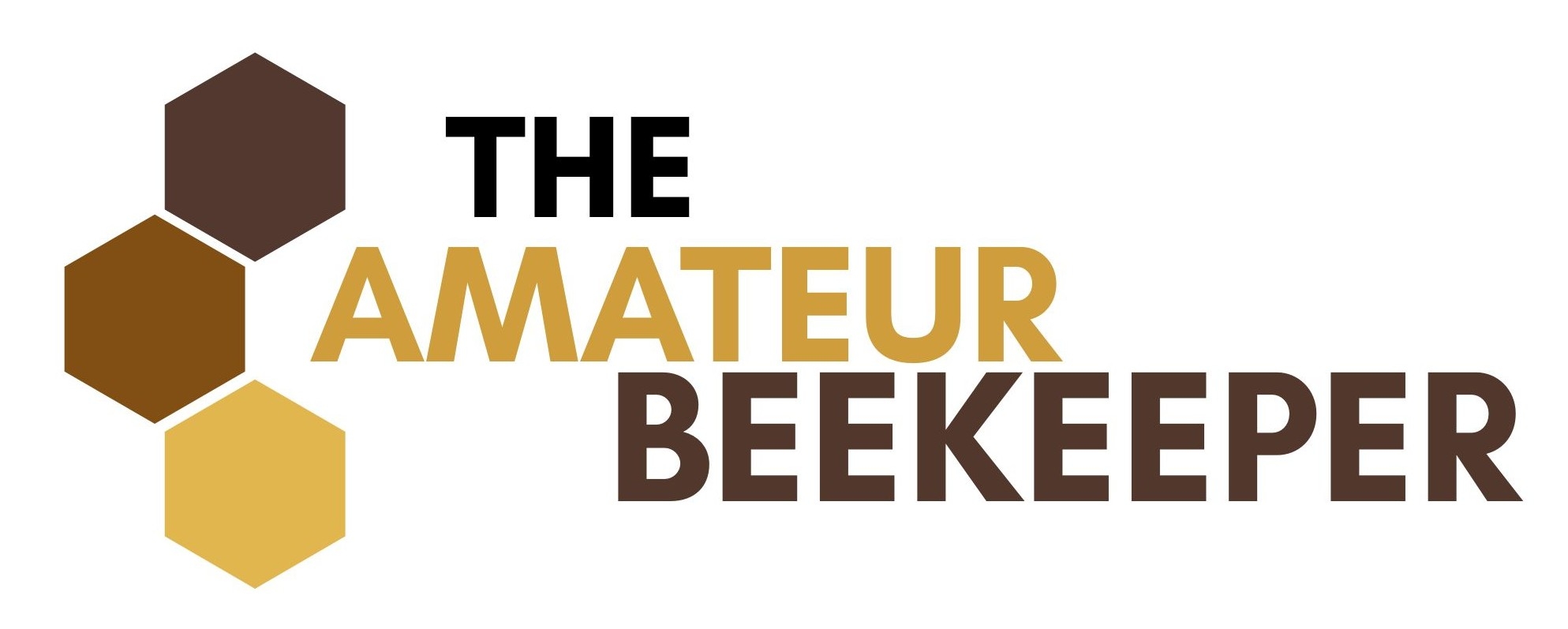 |
 Queensland Beekeepers’ Association
Queensland Beekeepers’ AssociationThe Queensland Beekeepers’ Association (QBA) is made up of professional apiarists and amateur beekeepers in Queensland, Australia. The QBA is committed to ensuring the future of the beekeeping industry. The Board of the QBA represents its membership in liaison with the general community, media and government. Annual conferences and regular newsletters provide a forum for members.
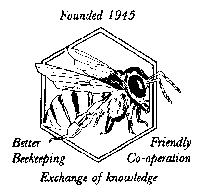 South Australian Apiarists’ Association
South Australian Apiarists’ AssociationThe South Australian Apiarists’ Association was formed in 1945. It is an association of apiarists in all fields, including honey production, pollination, queen breeding and propolis and pollen collection. Members include both commercial and amateur beekeepers. An annual conference is held every year, and the Buzz newsletter is distributed quarterly to all members.
 Tasmanian Beekeepers’ Association
Tasmanian Beekeepers’ AssociationThe Tasmanian Beekeepers’ Association (TBA) is the peak apiarist’s industry organisation in Tasmania. Three regional branches operate around Tasmania. While the TBA represents beekeeper interests at the state and national level, the branches focus predominantly on the practical aspects of beekeeping, holding regular meetings and field days, and conducting beekeeping demonstrations at school fairs and agricultural shows. The branches are a valuable source of information to both new beekeepers and commercial beekeepers.
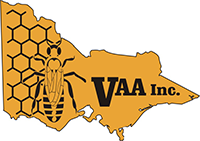 Victorian Apiarists’ Association
Victorian Apiarists’ AssociationThe Victorian Apiarists’ Association aims to provide services, leadership and vision to its members. This includes securing access and tenure to floral resources, controlling disease and providing protection to a strong industry. We also assist with the advancement of apiculture through diversification, education, training and information and by utilising technology. Membership consists of hobby beekeepers, semi-commercial beekeepers and full time commercial beekeepers.
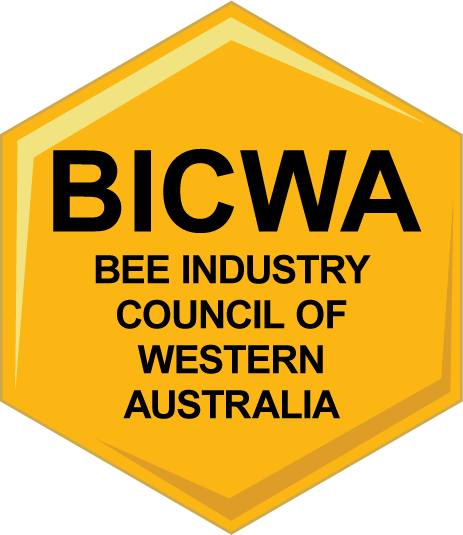
The Bee Industry Council of Western Australia (BICWA) is the peak beekeeping industry body of Western Australia. BICWA’s mission is to secure a profitable and sustainable bee industry in Western Australia by protecting the interests of producers and co-dependant industries, identifying and actioning threats to industry and supporting initiatives for industry growth and development. Members of BICWA are registered beekeepers (commercial and recreational).
The Crop Pollination Association (Vic) (CPA) is a non profit organisation with membership primarily drawn from the eastern states of Australia.
The CPA was formed to provide an avenue for beekeepers to share pollination and other related information. This information can be results of the latest research or the current or intended insecticides being used in the orchard/crop and their effects on honey bees. The aims of the CPA are to:
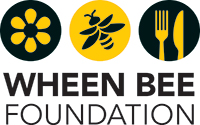 Wheen Bee Foundation
Wheen Bee FoundationThe Wheen Bee Foundation is a not-for-profit organisation. The Foundation was named in honour of the late Gretchen Wheen, who made an outstanding contribution to the Australian beekeeping industry for over 50 years. Its mission is to improve food security by ensuring a viable and prosperous beekeeping industry, which is essential for the honey bee pollination services and the two thirds of our crops that benefit from honey bee visits. The Wheen Bee Foundation supports and develops research, innovation, training and communication to safeguard a productive beekeeping industry.